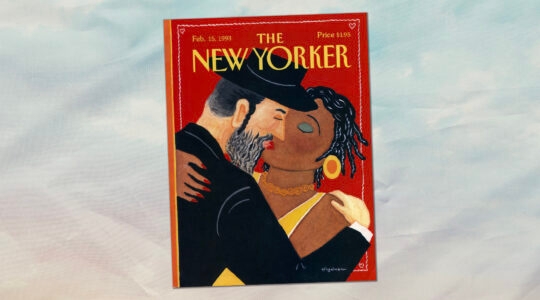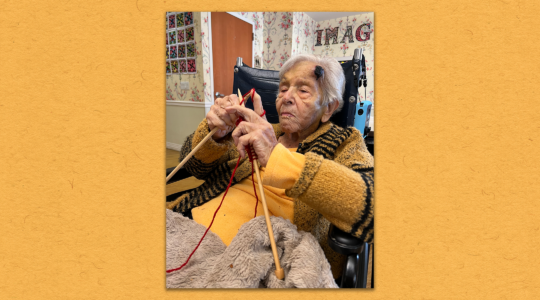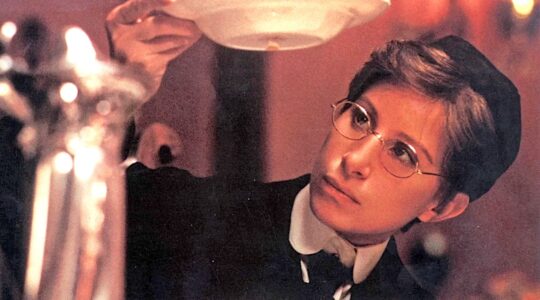The de Blasio administration and a coalition of rabbinical leaders have seemingly met in the middle over the controversial circumcision ritual of metzitzah b’peh.
Each side has made concessions in the agreement, reached Tuesday, with the city dropping the parental consent form requirement and rabbinical leaders agreeing to ask mohels suspected of infecting infants with herpes to undergo DNA testing that could lead to them being banned for life from the practice.
The practice, known as MbP, has led to the deaths of two infants, and brain damage in two others, after they contracted neonatal herpes from a mohel who performed the procedure, according to city health officials. While charedi leaders say the procedure is basically safe, the Centers for Disease Control has declared the practice dangerous.
In the MbP ritual, a mohel sucks on a newborn’s penis to staunch the flow of blood, a practice that can lead to brain damage or death if the mohel gives the baby the herpes virus during the procedure.
Under the agreement, if an infant begins showing symptoms of herpes after an MbP procedure, rabbinical leaders will help the health department identify which mohel performed the bris and ask him to be tested for the virus.
If he tests positive, the city will use DNA testing to determine if it was the mohel who passed on the virus or if the baby got it from someone else. If the mohel is found to be the culprit, he will be banned for life from performing MbP by the city’s Department of Health and Mental Hygiene. The rabbinical coalition has agreed to help enforce the ban.
The rabbinical coalition has also agreed to tell mohels to “continue to respect the wishes” of parents who do not want MBP performed on their sons and to “engage in campaign to have every mohel who performs a circumcision or MbP take steps to lessen the risk of transmission of HSV-1.”
When asked what those steps would be and whether there was any evidence that they are effective, city officials said that question needed to be answered by the rabbinical coalition.
In place of the consent forms, the administration will ask obstetricians, pediatricians and hospitals to give out information about MBP’s risks and contact information for the health department should they wish to get more information.
The penalty for mohels who defy the ban hasn’t changed. If a banned mohel is discovered to have since performed the procedure at least twice, he will be fined.
MbP is favored by more than 100,000 charedi Jews in Brooklyn; for them, a circumcision is not considered kosher under Jewish law unless MbP is performed.
City officials said they haven’t found either the fines or the consent forms to be effective. They hope the agreement will cause community leaders to pressure mohels to stop performing MBP themselves, which, they said, would be much more effective than anything the city could do.
Since 2000, there have been 17 reported cases of infants who have contracted herpes following MbP in New York City, according to the CDC. In addition, in 2009 there were two cases reported in Rockland County confirmed by The Jewish Week and two 2012 cases in New Jersey reported by the Forward.
The New York Jewish Week brings you the stories behind the headlines, keeping you connected to Jewish life in New York. Help sustain the reporting you trust by donating today.




